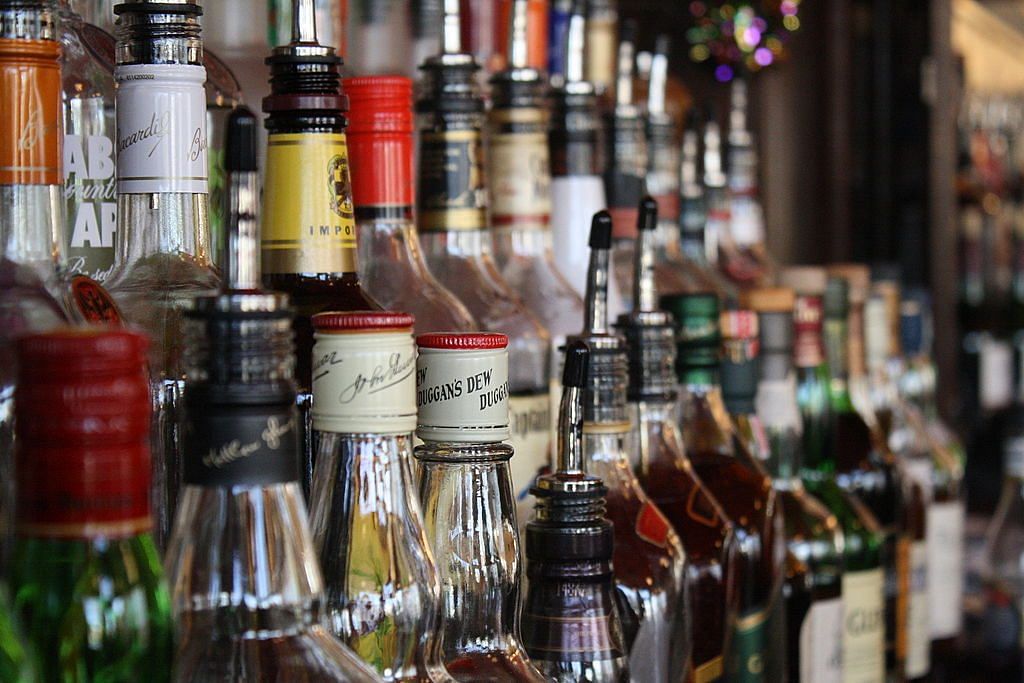Study by WHO researchers found that taxation most cost-effective way of reducing alcohol effects; based on data from 16 countries, including India.
New Delhi: Higher taxation on alcohol is likely to be the most cost-effective way of reducing the harmful effects of alcohol on an individual, says a study that has based its finding on data from 16 countries, including India.
The study was published in the latest issue of the Journal of Studies on Alcohol and Drugs. It was conducted by researchers from the World Health Organisation (WHO) along with other collaborating bodies.
The study has relied on statistical methods to determine which public health policy can be cost-effective in reducing alcohol-prone diseases and deaths worldwide.
It has listed five possible changes in public policy that could reduce the consumption of alcohol and thereby negate its effects on an individual.
Five-point agenda
As its top-most change, the study advocates for a 50 per cent increase in excise duty to reduce alcohol consumption. The study pointed out that excise duty is an unnoticed part of the tax cycle, and as such, consumers will not be aware of the resultant price hike.
To decide the efficiency of the methods, the study came up with the metric, which calculated the cost of adding one year of healthy life in the population.
A hike in excise duty will cost less than or the equivalent to Rs 6,864 per healthy year of life gained in the total population. This method, the study says, will add 500 healthy years of life for every 10 lakh people. It says that while the implementation of the idea at the policy level may be ambitious, it is also a feasible strategy.
Also read: India ranks a poor 145 on Lancet’s healthcare index, UP and Assam worst performers
The second and third methods in the study include restrictions on off-premise alcohol retailers and strong bans on the advertisements in various media outlets, respectively. As per the study, the two methods will cost less than Rs 6,864 per healthy life gained but will add only 350 years of life for every 10 lakh people.
The study then analyses the impact of sobriety check-points that check for alcohol content in blood levels. This method would cost around Rs 2,05,936 per healthy year of life and add fewer than 100 years of life.
In the final case, the study calls for the government to spread awareness at the primary level, with the help of doctors. This method can add up to 1,000 years of healthy life to 10 lakh people but at a price of around Rs 98,437 per year of life gained.
Also read: Bihar booze ban: Bane for state, boon for neighbours
